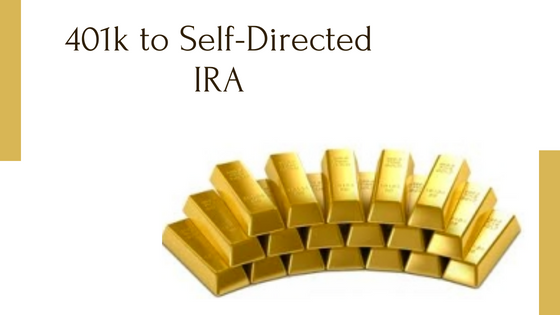Are you looking for a way to maximize your retirement savings? A 401k to self directed IRA conversion may be the solution you’re looking for.
What is a 401k to Self Directed IRA Conversion?
A 401k to self directed IRA conversion is a process that allows you to transfer retirement funds from your 401k account into a self-directed IRA account. This type of conversion can help you to maximize your retirement savings and take control of your financial future.
What Are the Benefits of a 401k to Self Directed IRA Conversion?
A 401k to self directed IRA conversion offers several key benefits. First, it gives you greater control over your retirement funds. With a self-directed IRA, you can choose which investments you make and when to make them. Additionally, you can use the funds in your self-directed IRA to invest in a wider range of investments, including real estate, stocks, bonds, and mutual funds. Finally, a self-directed IRA offers tax advantages that can help you to maximize your retirement savings.

How Do I Convert My 401k to a Self Directed IRA?
To convert your 401k to a self directed IRA, you must first contact your 401k plan administrator and complete the paperwork necessary to transfer your funds to the self-directed IRA. You will then need to open a self-directed IRA account and transfer the funds into the new account. Once the funds are in the self-directed IRA account, you can begin investing them in the investments of your choice.
How Do I Fund My Self Directed IRA?
You can fund your self-directed IRA account with a variety of investments. For example, cash deposits are allowed in the form of U.S. dollars and other currencies. However, it is important to note that you cannot use currency as collateral for loans or take out mortgages on property where your money is invested.
What Are the Risks of a 401k to Self Directed IRA Conversion?
Although a 401k to self directed IRA conversion can be a great way to maximize your retirement savings, there are some risks involved. For example, the investments you make with your self-directed IRA can go up or down in value, so you could lose money if your investments do not perform well. Additionally, there may be tax implications associated with a 401k to self directed IRA conversion, so it’s important to speak to a financial advisor or tax professional before making any decisions.
Conclusion
A 401k to self directed IRA conversion can be a great way to maximize your retirement savings and take control of your financial future. However, it is important to understand the risks associated with this type of conversion before making any decisions.